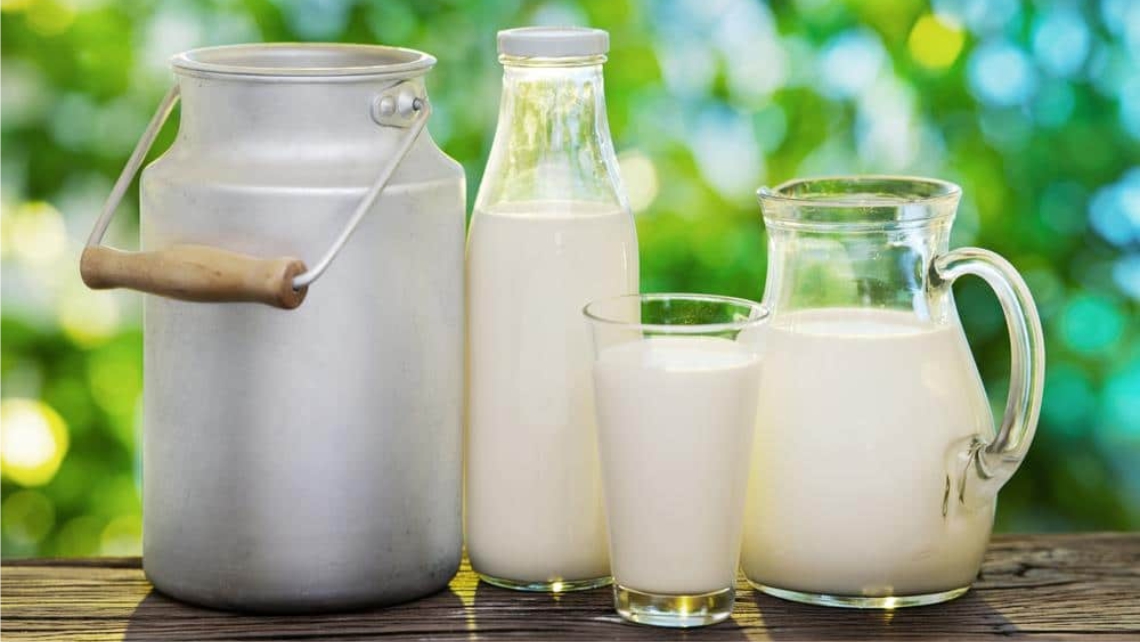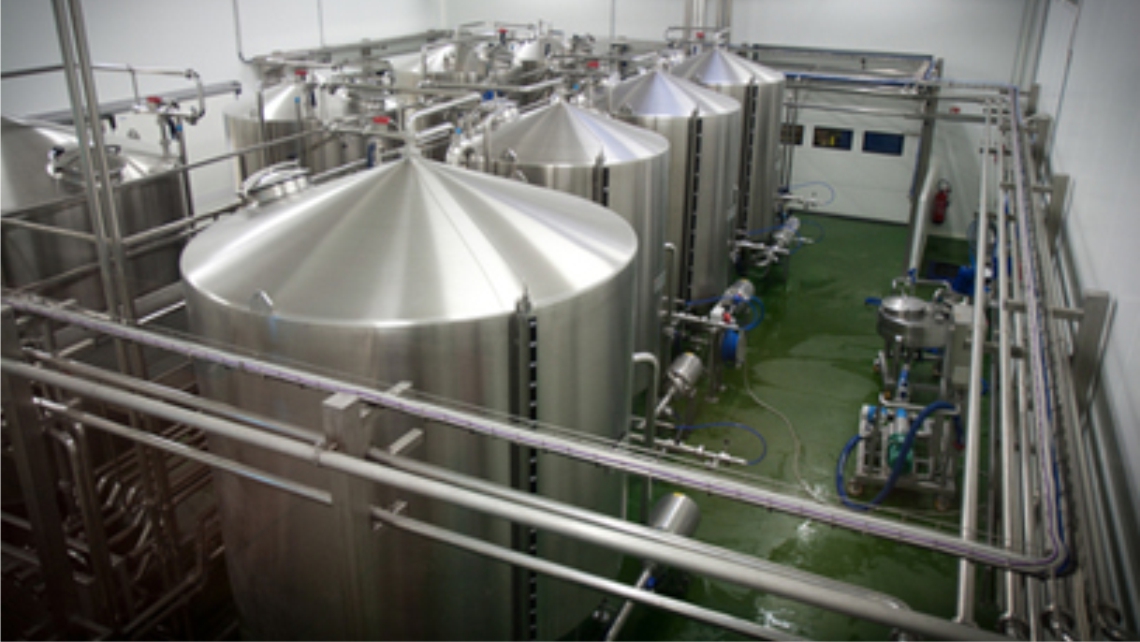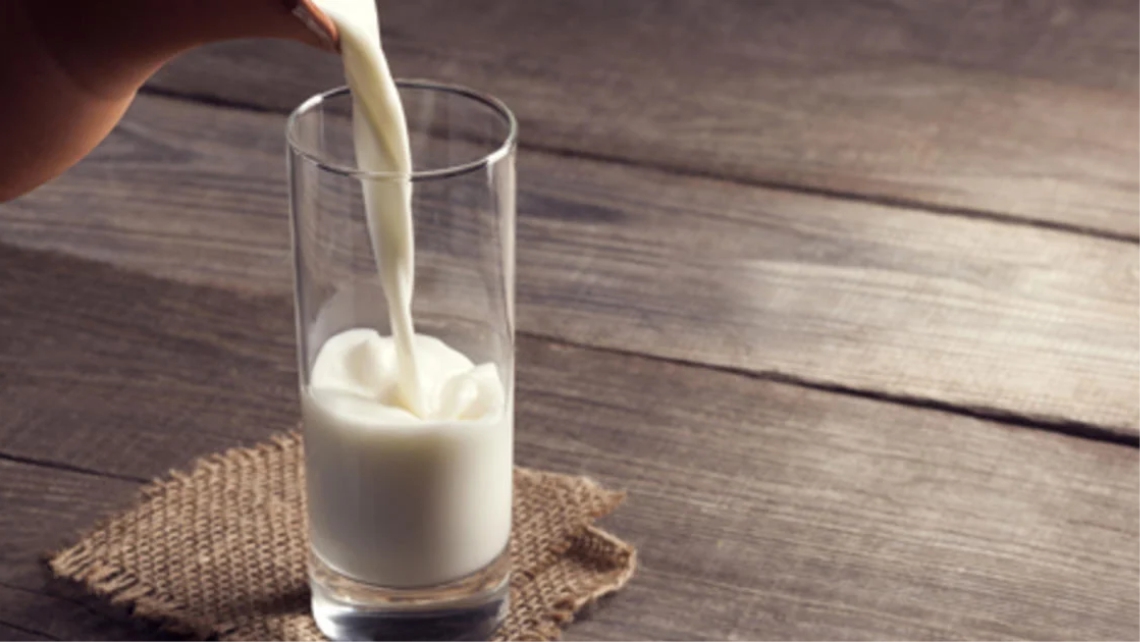MILK QUALITY IN RAINY SEASON
In monsoon season we do get plenty of rain in the southern part of India. Karnataka is no exception. During the rainy season, there is abundant green grass and leaves available for cows to graze. Our cows love grazing fresh green grass and leaves. Newly grown green grass and leaves usually have higher water content. While cows enjoy these greens, there is a slight variation in the quality of milk. When cows eat more fresh green grass water content in the milk also increases. While there is absolutely no change in the vitamins, minerals, and proteins in the milk, due to slightly elevated water levels in the milk, the fat percentage in the milk will be on the lower side.
So, what does it mean to you?
You may feel milk is slightly watery and cream formation (malai) is also less. You will have a reason to believe that there is some water adulteration in the milk. It's true that milk is slightly watery and cream formation will also be less, please be assured that we don't adulterate the milk. It's natural water present in the milk, due to excessive grazing of newly grown green grass, makes milk slightly watery.
Unlike other dairy industry, we don't process the milk to make fat content in the milk to be more uniform by adding or removing cream in the milk. We supply milk as it is from the cows. Due to change in season and depending on what cows eat, there will be always variation in the quality of our milk.
Is it something you need to be concerned about?
Absolutely not. There will be no change in vitamins, minerals, and proteins present in the milk due to natural water present in the milk. Taste and aroma will also remain the same. Curd, paneer, or any other dairy products you make will be good as usual.
Do you still need thicker milk?
If you're used to having thick milk, you can still make it thicker by boiling the milk for a little longer. This will evaporate the natural water present in the milk and yield you thicker milk.
If you have any questions about the quality of the milk, please contact our support team at +91-8197020459. We will be happy to answer all your questions.



